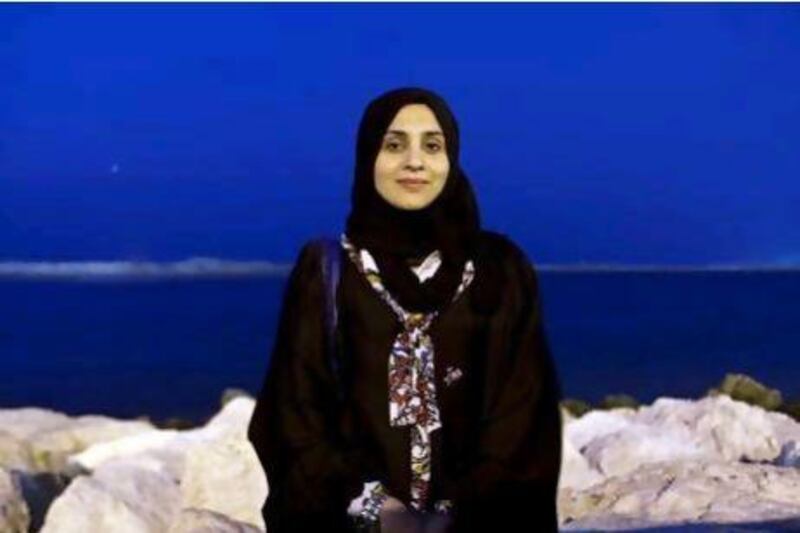DUBAI // Arabic Twitter has been welcomed by users of the microblogging site after it went live on Tuesday evening.
It had been possible to tweet in Arabic but now the entire website has been translated into the language.
"This is a good idea for the non-English speakers," said Dr Alya Bukhatir, from Sharjah, who tweets frequently under the handle @DrBukhatir.
"We have a lot of people who want to interact with us but they don't speak English and they've had a problem communicating.
"When Facebook became Arabic a lot of people joined and I think it will be the same with Twitter. Arabic is our first language and this gives it importance, and that's what we need.
"I try to tweet in both languages because I have a lot of Arab friends and they take it personally when I tweet in English. They say, 'This is not your language. We should be using both languages because we're a universal country'."
Dr Bukhatir, who works for the Ministry of Foreign Affairs in Abu Dhabi, said the initiative was a step forward but further improvements were needed to provide Arabic content on the web.
"The Arabic version of the United Nations site is not updated as regularly as the English one," she said. "In English the content is always up to date but sometimes the Arabic is a week old."
A group called Taghreedat, or Letstweetinarabic, was instrumental in having the site translated.
The project was launched last year by Sami Al Mubarak and Mina Takla in Qatar, and 400 volunteer translators in the UAE worked on the initial stages of the process.
They were among 2,500 translators in 28 countries who took part in the project, and Twitter paid tribute to the group's work when it announced the launch of the new service.
The San Francisco company thanked those who had helped and made particular mention of "the co-founders of the grassroots Letstweetinarabic campaign".
Mr Takla said: "It's really great because now everyone can use Twitter. That's the best thing about it. It will speed up the adoption of Twitter by Arabs because language will no longer be a barrier.
"It will encourage more Arabic content because now if you can use the interface fully in Arabic you'll be more encouraged to produce Arabic tweets.
"It will enable people to voice their thoughts in Arabic rather than just putting them in English, and that will create a culture of speaking your native language and writing in your native language."
Mr Takla said his group was now working on producing Twitter applications in Arabic that would run on a variety of smartphones.
One of the volunteer translators, Rana Mansoor, who lives in Abu Dhabi, said: "I am really, really happy because we can see the result of our work. It's something no one was expecting could be done, especially by volunteers.
"A lot of people in the Arab world don't have a knowledge of English, especially writing it, so you are making interaction possible for all people.
"You are helping other people to become more comfortable with what's happening in social media."
The use of Twitter in the Arab world has been growing rapidly. A report published by the French research company Semiocast at the end of last year revealed the number of messages tweeted in the language grew by 2,146 per cent over the previous 12 months.
This meant Arabic was the fastest- growing language on Twitter, and the eighth most-used language on the site.
The addition of Arabic plus three other languages that are written from right to left - Farsi, Hebrew and Urdu - brings the number of languages supported by Twitter to 28.






